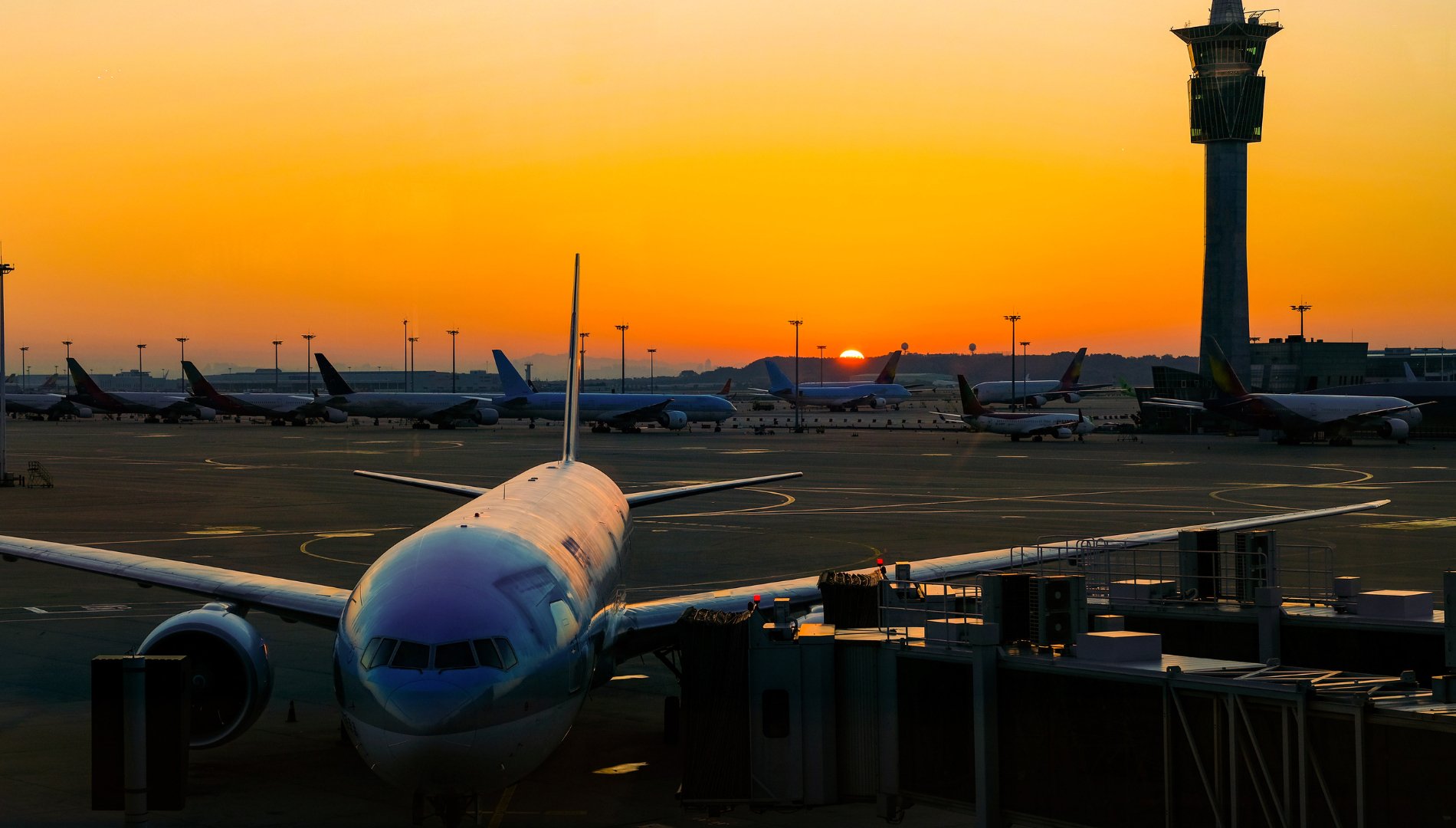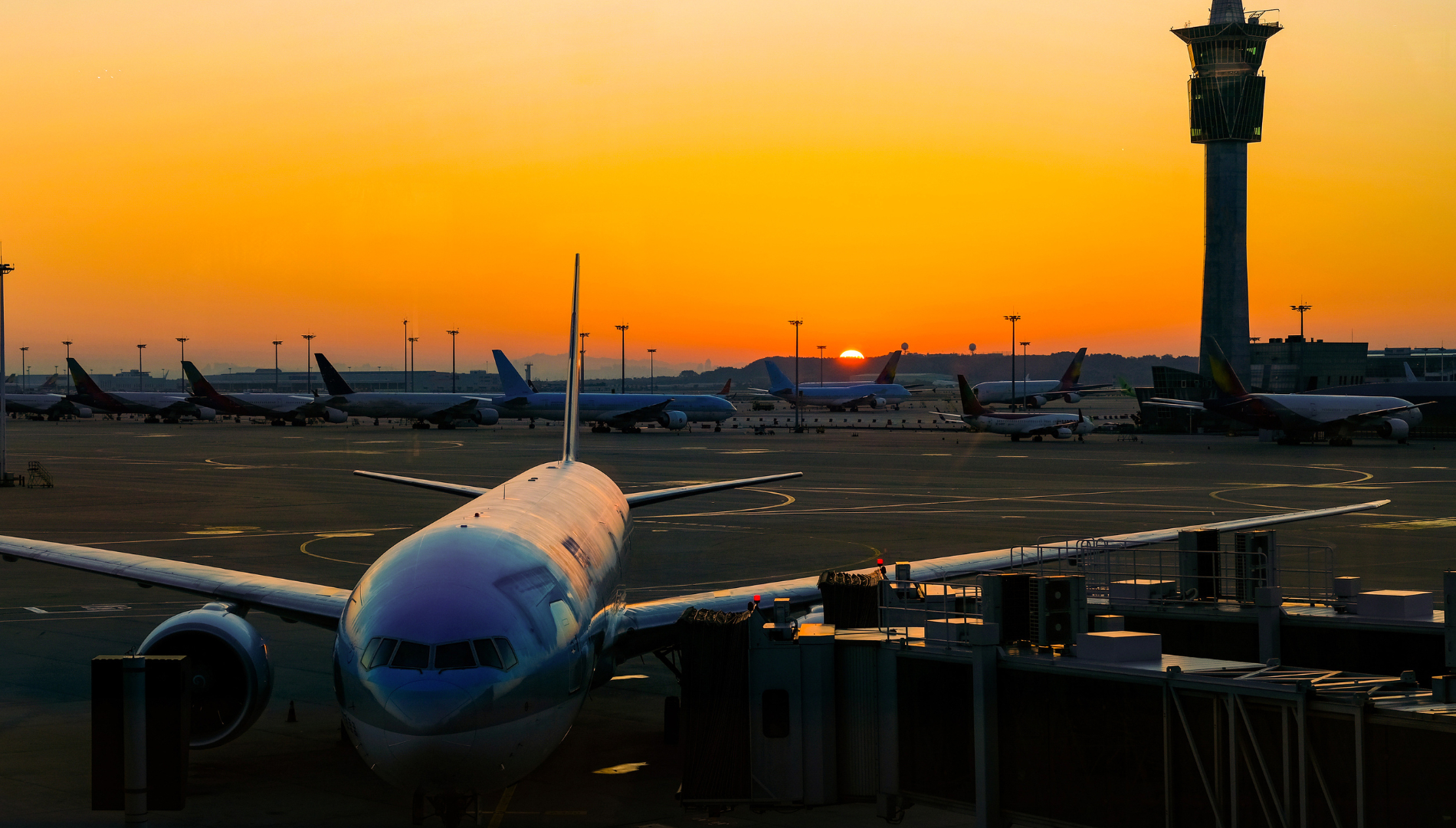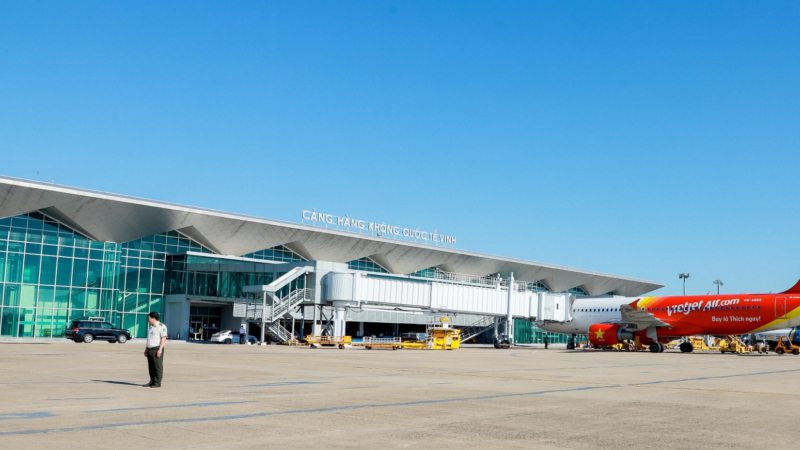According to Reuters, recent developments have highlighted the alarming reality that flights around the world are facing increasing risks due to the presence of lithium batteries in personal electronic devices such as mobile phones and e-cigarettes. While these batteries offer many conveniences in modern life, they also pose a risk of malfunction, leading to overheating, smoking, or even explosions, with potentially devastating consequences.
Lithium batteries, with their superior energy storage capacity and long lifespan, have become an indispensable component in many electronic devices we use daily, from laptops, mobile phones, tablets, smartwatches, power banks to e-cigarettes. The popularity of lithium batteries, however, also means an increasing risk of incidents involving this type of battery on flights.

The aviation industry has long recognized that the increasing use of lithium batteries is a safety concern.
According to statistics from the U.S. Federal Aviation Administration (FAA), in the past year, an average of three incidents of lithium battery overheating on aircraft were recorded globally every two weeks. This represents a significant increase compared to 2018, when there was less than one such incident per week. This increase serves as a strong warning about the need for more stringent safety measures to mitigate the risks associated with lithium batteries on flights.
Since March 1st, new regulations regarding carrying lithium-ion batteries on airplanes have officially come into effect, bringing significant changes for passengers on flights of South Korean airlines. Under these new regulations, passengers are required to carry power banks and e-cigarettes with them throughout their journey, instead of storing them in the overhead compartments as before. This is a measure aimed at enhancing aviation safety and minimizing the risk of fire and explosion caused by lithium-ion batteries.
This new regulation is not limited to simply carrying lithium batteries; it also includes a ban on charging electronic devices on airplanes. This means passengers will not be allowed to charge their phones, tablets, or any other devices using lithium batteries during a flight. This measure aims to prevent the risk of overheating and fire caused by improper battery charging on board.

South Korea tightened regulations on carrying lithium batteries on airplanes starting March 1st, amid public concerns about fire and explosions.
Additionally, passengers will also have to comply with several other restrictions related to bringing lithium batteries onto the aircraft. These restrictions may include limits on the number and capacity of batteries allowed, as well as regulations on how to pack and store the batteries. These regulations are in place to ensure maximum safety for passengers and crew throughout the flight.
Passengers will be allowed to carry a maximum of five 100-watt-hour portable power banks. Batteries exceeding 160 watt-hours will not be permitted on board. According to the South Korean Ministry of Transport, the batteries must also be stored in clear plastic bags.
Many passengers at Incheon International Airport, South Korea's largest airport, expressed their approval of the new regulations. "I feel safer because there are clear instructions to protect us. I was also advised to carry batteries with me instead of putting them in my luggage, which gives me peace of mind because I can detect any problems immediately," said Kim Jae-woung, 37.

During security checks before boarding, any passenger found carrying a power bank with a capacity exceeding the permitted limit, or carrying additional power banks without the airline's required label, will have their device immediately confiscated.
The South Korean government tightened these regulations following the Air Busan plane fire in January 2024. Although the cause of the fire is still under investigation, preliminary findings suggest the blaze originated in an overhead luggage compartment. The fire occurred approximately 20 minutes after the scheduled takeoff time, but fortunately, all 170 passengers and 6 crew members were safely evacuated.
According to aviation experts, if the battery malfunctions or is damaged, such as when a phone gets stuck between airplane seats or is exposed to high temperatures, it can cause a short circuit, leading to overheating, smoking, or even explosion. The International Aviation Safety Agency warns that, in some cases, the explosion could cause "a powerful release of energy, scattering fragments like artillery shells."
Faced with this risk, since 2016, the International Civil Aviation Organization (ICAO) has banned the transport of lithium batteries in the cargo hold of passenger aircraft. This regulation was introduced after two serious accidents: the devastating fire on a UPS cargo plane in Dubai in 2010 and the Asiana Airlines crash in South Korea in 2011, both involving lithium batteries in the cargo hold.
According to current aviation standards, portable power banks and personal electronic devices should be carried in the passenger cabin rather than in checked baggage, to ensure immediate response in case of an emergency.
However, a December 2024 report by the European Union Aviation Safety Agency (EASA) revealed that many passengers still carry substandard lithium batteries in their checked baggage. The report also highlighted the need to improve baggage screening systems at airports. The aviation industry is now exploring new detection methods, including the use of sniffer dogs to detect unsafe lithium batteries.

 VI
VI EN
EN



































